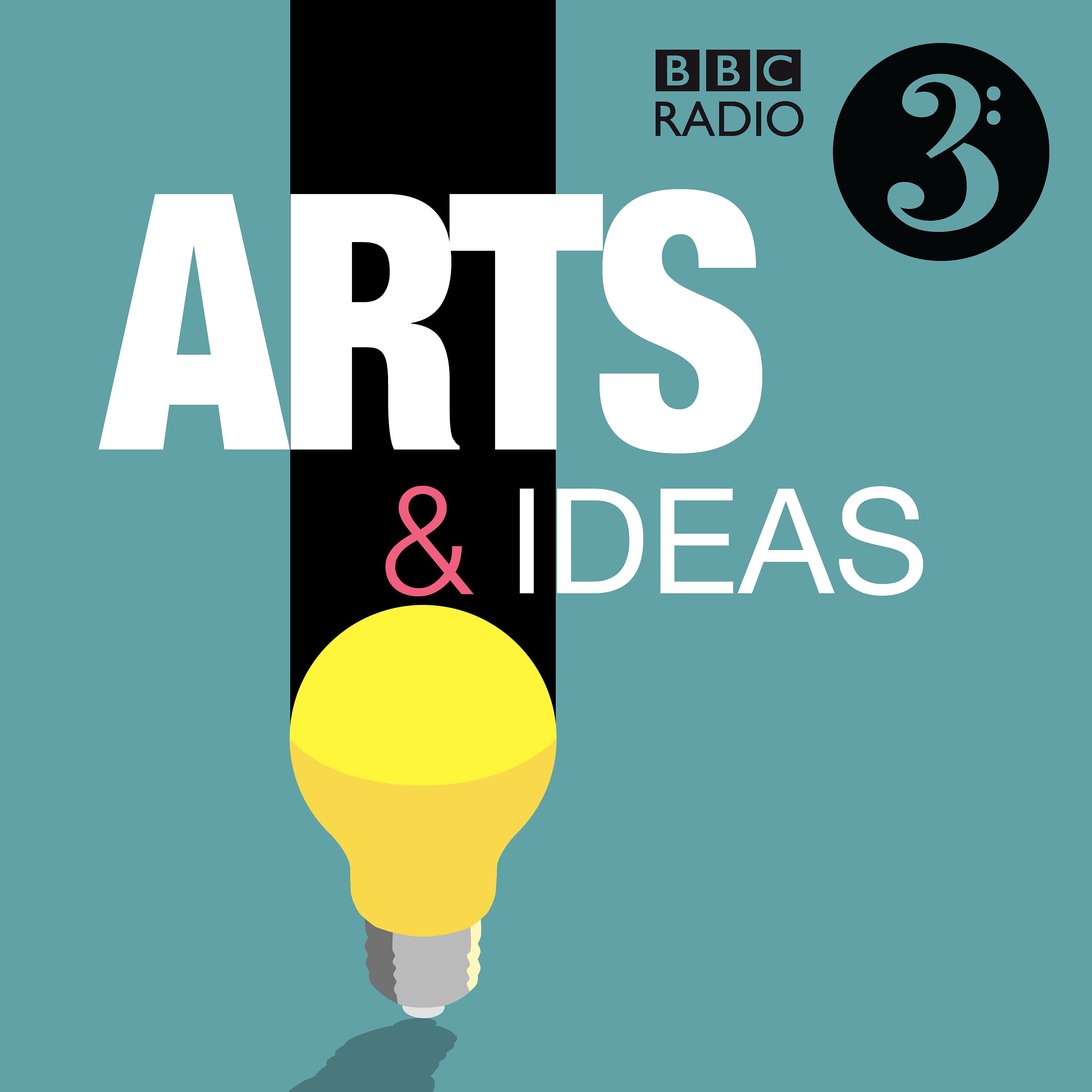- Culture
- SEE MORE
- classical
- general
- talk
- News
- Family
- Bürgerfunk
- pop
- Islam
- soul
- jazz
- Comedy
- humor
- wissenschaft
- opera
- baroque
- gesellschaft
- theater
- Local
- alternative
- electro
- rock
- rap
- lifestyle
- Music
- como
- RNE
- ballads
- greek
- Buddhism
- deportes
- christian
- Technology
- piano
- djs
- Dance
- dutch
- flamenco
- social
- hope
- christian rock
- academia
- afrique
- Business
- musique
- ελληνική-μουσική
- religion
- World radio
- Zarzuela
- travel
- World
- NFL
- media
- Art
- public
- Sports
- Gospel
- st.
- baptist
- Leisure
- Kids & Family
- musical
- club
- Health & Fitness
- True Crime
- Fiction
- children
- Society & Culture
- TV & Film
- gold
- kunst
- música
- gay
- Natural
- a
- francais
- bach
- economics
- kultur
- evangelical
- tech
- Opinion
- Government
- gaming
- College
- technik
- History
- Jesus
- Health
- movies
- radio
- services
- Church
- podcast
- Education
- international
- Transportation
- Other
- kids
- podcasts
- philadelphia
- Noticias
- love
- sport
- Salud
- film
- and
- 4chan
- Disco
- Stories
- fashion
- Arts
- interviews
- hardstyle
- entertainment
- humour
- medieval
- literature
- alma
- Cultura
- video
- TV
- Science
- en
How We Read

b"
The word 'reading' may appear to describe something specific and universal, but in reality it's more of an umbrella term, covering a huge range of ways in which people interact with text. Dyslexia and hyperlexia may be two of the more obvious departures from normative ideas of reading, but whether we're neurodivergent or not we all read in different ways that can vary significantly depending on what we're reading and why we're reading it. Matthew Sweet is joined by Matt Rubery, Louise Creechan and poets Debris Stevenson and Anthony Anaxagorou.
Matt Rubery, Professor of Modern Literature at Queen Mary, University of London has worked on books including The Untold Story of the Talking Book; Audiobooks, Literature, and Sound Studies, Further Reading and Reader\\u2019s Block: A History of Reading Differences. You can hear more from him in an episode about the history of publishing called Whose Book is it Anyway? https://www.bbc.co.uk/programmes/b080xzm6\\nDr Louise Creechan is studying is a Lecturer in Literary Medical Humanities at Durham University and a New Generation Thinker on the scheme run by the BBC and the Arts and Humanities Research Council to showcase academic research. You can hear her discuss Dickens' Bleak House in an episode called Teaching and Inspiration https://www.bbc.co.uk/programmes/m00169jh\\nDebris Stevenson describes herself as 'Dyslexic educator, Grime-poet and Dancehall raving social activist'.\\nAnthony Anaxagorou's latest collection of poetry is Heritage Aesthetics, published on 3rd November 2022.\\nFree Thinking has a playlist featuring discussions about prose and poetry https://www.bbc.co.uk/programmes/p047v6vh
The theme of this year's National Poetry Day is the Environment and you can hear Radio 3's weekly curation of readings and music inspired by that topic on Sunday at 5.30pm and then on BBC Sounds for 28 days https://www.bbc.co.uk/programmes/b006x35f
Producer: Torquil MacLeod.
"